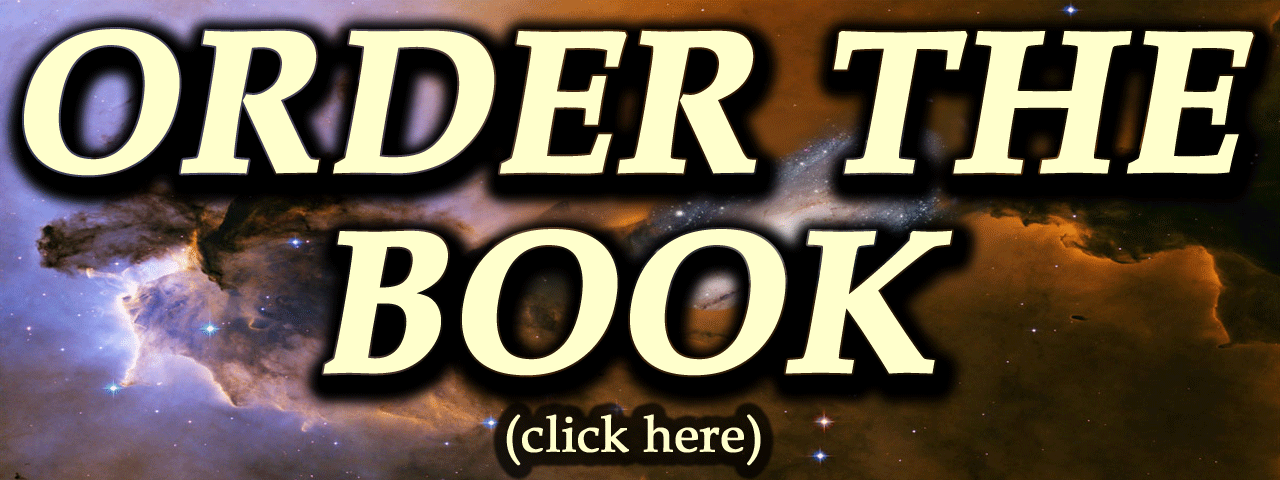|
There is a distinction between skepticism and denial. There are some deniers who pass themselves as being of the noble title of skeptic unopposed, because the distinction is not readily recognized or made by the general public, and therefore evades the common vernacular. I've seen a famous skeptic drift into the denier column on subjects like the paranormal to the point that when asked if his opinion would change if he experienced these things firsthand, he replied that he would immediately admit himself to a hospital where they could find the brain tumor, chemical imbalance, etc that would have to be responsible for the 'hallucination'. And he was quite serious. There are some skeptics who take their neutral positions to avoid the risk of actually being found wrong if they commit to one position or another except for the security of those things that are so well-worn that virtually no doubt remains or if it's any topic that's non-controversial. To me this can be a form of intellectual cowardice. Then there are those who ignore existing evidence or even fabricate their own to avoid having to give an alternative viewpoint any credence at all. With my work, for example, my skepticism grew from the fact that the status quo of mainstream cosmology simply did not answer fundamental questions arising from known anomalies without ignoring or denying not only hard scientific findings but also accepting the weight of countless personal experiences recounting virtually identical details as being itself a body of evidence demanding an explanation other than stock denial and dismissal. And then I made a commitment to a position, which indeed takes courage, like standing against virtually the entire field of mainstream physics by rejecting the existence of dark matter, a conclusion that science itself is now reluctantly drifting toward albeit kicking and screaming the entire way. I recount this not for any ego-driven motive, but to illustrate a living example with which I'm personally most familiar of what I've been saying. Science is a tool; it is intended to be a servant of humanity, not its master. When one devalues, demeans or dismisses the moving experiences of a significant portion of humanity for the sake of safety and security based on any intellectual construction of system or philosophy, that one enslaves and dehumanizes all of humanity.
1 Comment
Join me with host Tim Roxbury on Supernatural Realms, Friday, February 14 at 6:00 PM ET. Catch it on the Ztalk Radio Network at http://ztalkradio.com/.
My prerecorded interview with Jim Harold on his Paranormal Podcast is now posted. I hear it’s getting a lot of positive responses. Find it at http://jimharold.com/the-paranormal-podcast/behind-the-cosmic-veil-paranormal-podcast-320/. |
Archives
April 2015
About the Author
Thomas P. Fusco has devoted nearly three decades of research into the relationship between mind, physics, spirituality, parapsychology, scientific anomalies and paranormal phenomena with the goal of uncovering the unifying cosmological framework that has eluded mankind for generations. He has been invited to speak as a guest on over 100 national and international radio programs, including Coast To Coast AM. |
- The Cosmic Blog
- About the Book
-
Articles
- What is Supergeometry?
- The Importance of Physics In The Spiritual and Supernatural
- The End of Materialism and a Return to God
- The End of Materialism and a Return To God (Part 2)
- Quantum Mechanics, The Paranormal and Hypocrisy
- Stephen Hawking and Atheism
- The Science of Salvation and the Two-Gods Controversy
- Aliens and UFOs
- Paranormal Puzzles
- Contact Us
- Read Chapter 1
- Order The Book
- Radio Appearances












 RSS Feed
RSS Feed